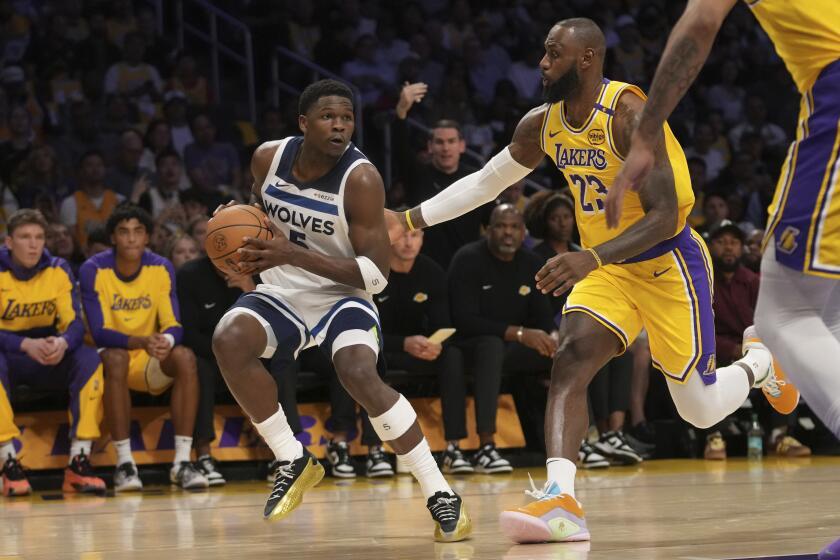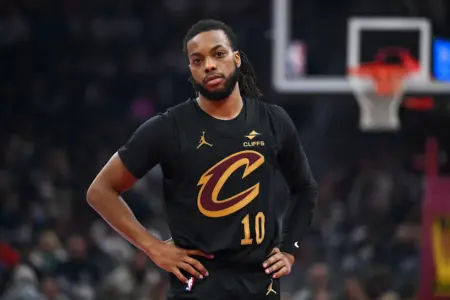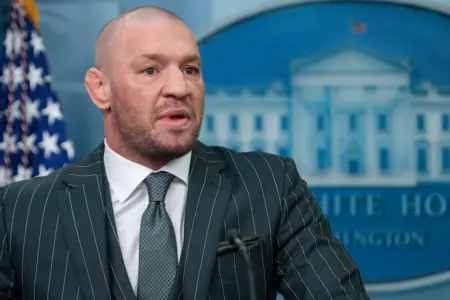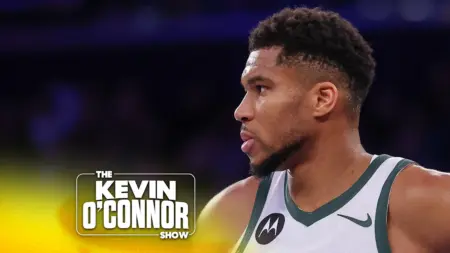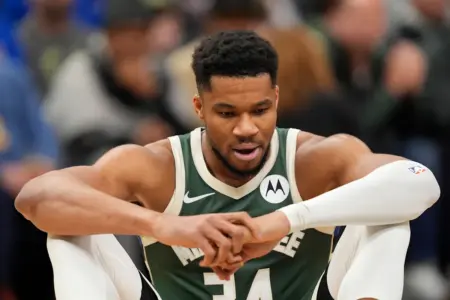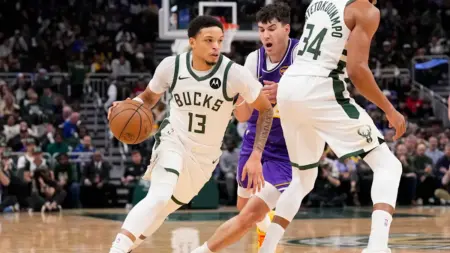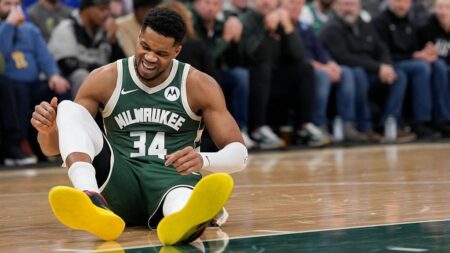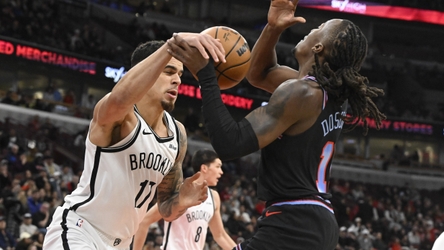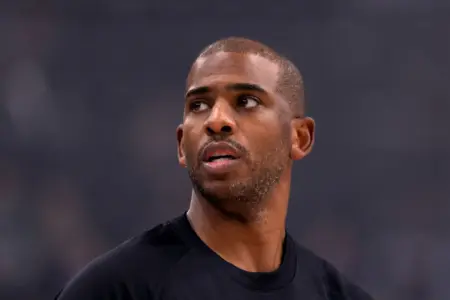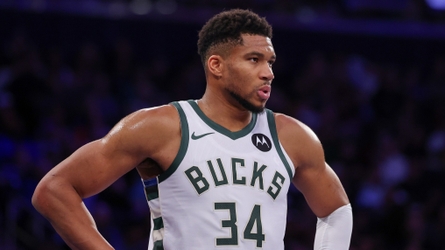LeBron James and Anthony Edwards: A Tale of Two Eras
On a brisk October evening at Crypto.com Arena, the Los Angeles Lakers emerged victorious with an 111-102 win over the Minnesota Timberwolves. Amid the celebratory atmosphere, Lakers superstar LeBron James took a moment to reflect on the challenges faced by rising NBA stars, particularly his former teammate Anthony Edwards. James, who has been one of the most recognizable faces in the NBA for over two decades, expressed his understanding of Edwards’ reluctance to be labeled as the future face of the league. "I feel Ant," James said, his empathy evident. "I completely understand. There’s this weird energy when it comes to that.”
The Rising Star’s Perspective
Anthony Edwards, at just 23 years old, has already made a significant impact on the NBA. A three-time All-Star and Olympic gold medalist, Edwards has the credentials to be a future league icon. However, when asked about his potential to be the face of the NBA during an All-Star weekend press conference, Edwards was candid in his response. "No," he said firmly. "Not really." When pressed further, he elaborated, "That’s what they got Wemby for," referring to Victor Wembanyama, the second-year San Antonio Spurs star. In an interview with NBA TV, Edwards further clarified his stance: “I’m capable of being that guy, but I don’t want to be that guy. Put it like that. I want to be the guy to just show up and hoop and just kill dudes and go home.” His words reveal a deep-seated desire to focus on his game rather than the accompanying pressures and scrutiny.
The Burden of Nostalgia
Channing Frye, a former NBA player and 2016 NBA champion with LeBron James and the Cleveland Cavaliers, recently addressed this issue on the "Road Trippin’" podcast. Frye, who has a keen eye for the dynamics within the league, observed that "nostalgia is killing the NBA." He pointed out that despite the remarkable talents of players like Edwards, Wembanyama, James, and Steph Curry, they are often measured against legendary players from decades past. “Every great player, whether that’s Ant, Wemby, Bron, you know, Steph [Curry] — you know [who] they compare them to? A mother— [that played] 40 years ago," Frye said, referring to old-school icons like Michael Jordan and Kobe Bryant. His frustration is palpable: "Nobody celebrates these new people, so why the f— will anybody want to be the face of the league when you’re going to get s— on, on every network for not being somebody from 40 f—ing years ago? It’s ridiculous. It is unfair."
LeBron’s Reflection on Responsibility
LeBron James, who has grappled with the burden of being a league face for much of his career, echoed Frye’s sentiments. "I mean, Channing Frye said it the other day … Why do you want to be the face of the league when all the people that cover our game and talk about our game on a day-to-day basis s— on everybody?" James remarked. He acknowledged the strange and often toxic energy that surrounds the topic, adding, "It’s just weird. It’s weird energy from the people that — I don’t know, but Channing, he said it perfectly. Couldn’t say it no better." James also reflected on the responsibilities that come with such a high profile. "Ant said he don’t want it. Obviously, I didn’t ask for it, but I knew there was a responsibility for me, not only to my family, my friends, my community and whoever that was gonna follow my journey throughout my career," he said. His commitment to these responsibilities is a testament to his character and the seriousness with which he approaches his role as a role model.
The Modern NBA Star’s Dilemma
For modern NBA stars like Anthony Edwards, the desire to just play basketball and avoid the limelight is understandable. The relentless comparison to past legends and the pressure to live up to their legacies can be overwhelming. Frye’s observations highlight a broader issue in the league: the difficulty of celebrating current stars while maintaining a deep respect for the history of the game. This pressure can dissuade young players from embracing the role of a league face, even if they have the talent and potential to do so. Edwards’ stance is a clear indication that the modern player values the purity of the game and the freedom to express themselves without the weight of historical expectation.
Looking Forward, Balancing Legacy
As the NBA continues to evolve, it’s crucial to strike a balance between honoring the past and celebrating the present. The league’s future depends on the ability to nurture and support its rising stars, allowing them to shine in their unique ways. LeBron James’ long tenure and the respect he commands provide a blueprint for how players can handle such attention, but it’s equally important to recognize that not every player wants to follow the same path. For Anthony Edwards and others like him, the focus will remain on their performance on the court, and the media and fans must respect their choices. The NBA’s rich history is a treasure, but it should not overshadow the contributions of today’s players. As the league moves forward, embracing the diverse talents and personas of its current stars will be key to its continued success and relevance.

